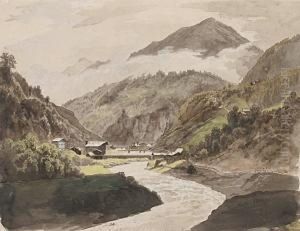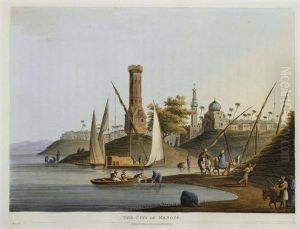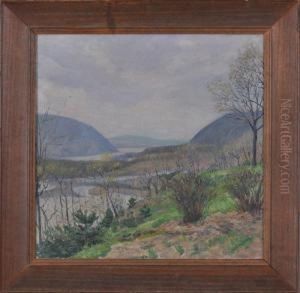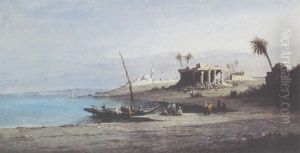Louis Mayer Paintings
Louis Burt Mayer, born Lazar Meir on July 12, 1885, in Minsk, Russian Empire (now Belarus), was not a traditional artist but an iconic figure in the film industry as a film producer and co-founder of Metro-Goldwyn-Mayer studios (MGM) in 1924. Mayer's journey to the pinnacle of Hollywood's golden era began when his family immigrated to Saint John, New Brunswick, Canada, in the early 1890s, escaping the Jewish pogroms in their homeland. The Mayer family eventually moved to the United States, where Louis adopted the more Americanized name Louis B. Mayer.
Starting with a scrap metal business, Mayer transitioned into the entertainment industry by purchasing a rundown burlesque theatre in Haverhill, Massachusetts, in 1907. This venture sparked his interest in the film business, leading him to establish the Louis B. Mayer Pictures Corporation by 1918. His acumen for selecting appealing films and talent helped his business grow rapidly.
In 1924, Mayer's company merged with Metro Pictures and Goldwyn Pictures to form Metro-Goldwyn-Mayer (MGM), with Mayer serving as the studio's head of production. Under his leadership, MGM became the most successful studio in Hollywood, producing all-time classics such as "The Wizard of Oz" (1939) and "Gone with the Wind" (1939). Mayer was known for his paternalistic management style, fostering a family atmosphere at MGM while also being a demanding boss.
Mayer's influence extended beyond film production to the development of the star system in Hollywood, creating and managing the public images of actors to enhance their allure and box office appeal. He was also instrumental in the establishment of the Academy of Motion Picture Arts and Sciences in 1927, which aimed to mediate labor disputes and improve the industry's image.
Despite his successes, Mayer's career faced challenges in the late 1940s with the rise of television and changes in the film industry, leading to his departure from MGM in 1951. He passed away on October 29, 1954, in Los Angeles, California. Louis B. Mayer's legacy is marked by his profound impact on the film industry's development, shaping the early Hollywood system and leaving an indelible mark on American cinema history.












